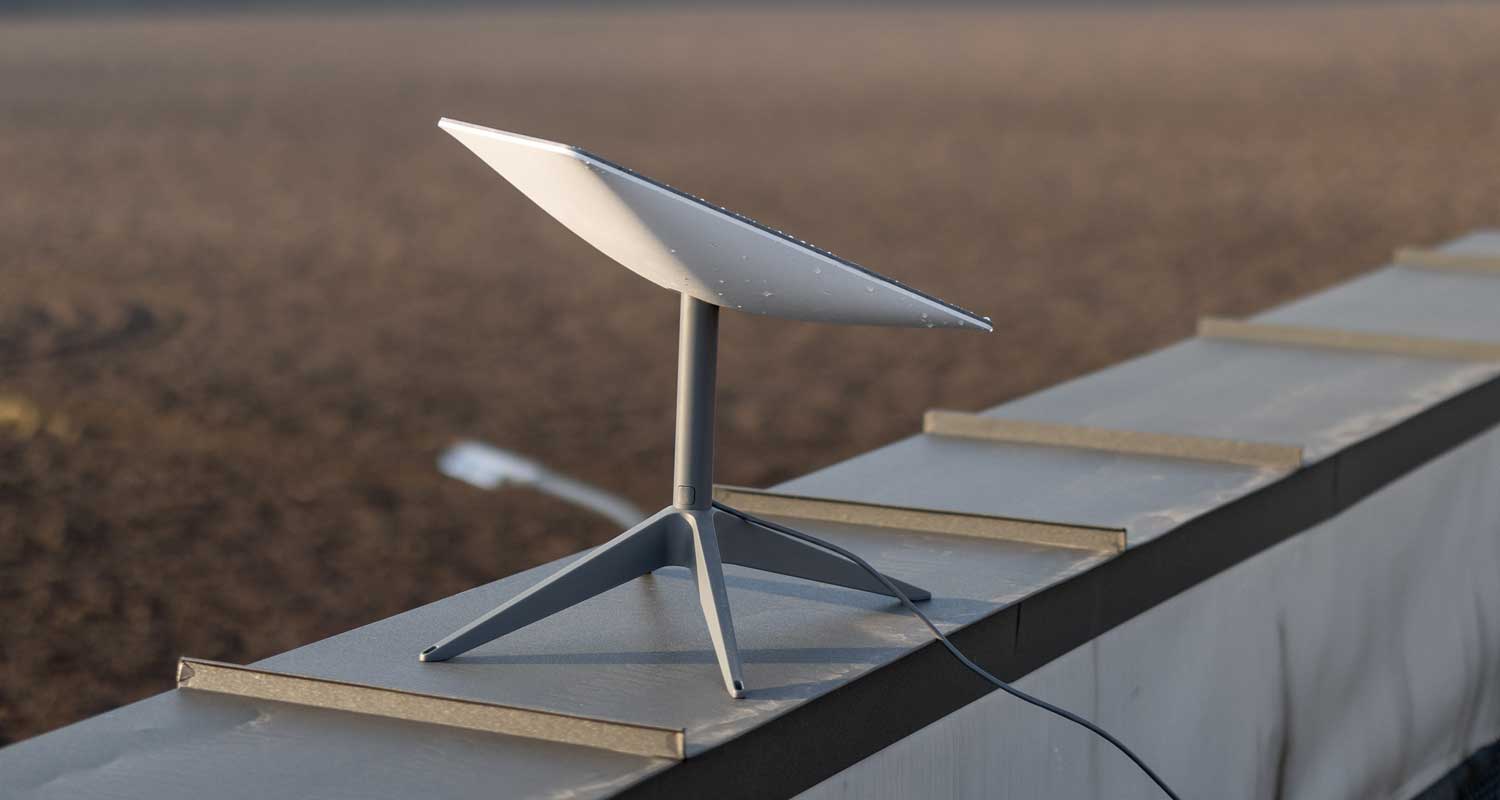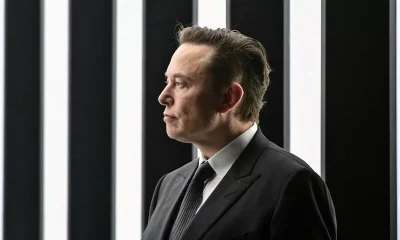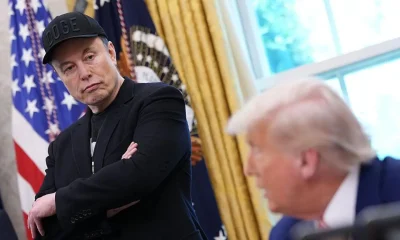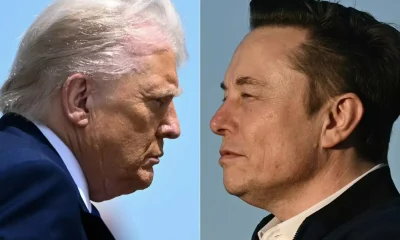Business
Starlink’s Cheap Data Plan Disrupts Safaricom and Airtel’s Dominance in Kenya
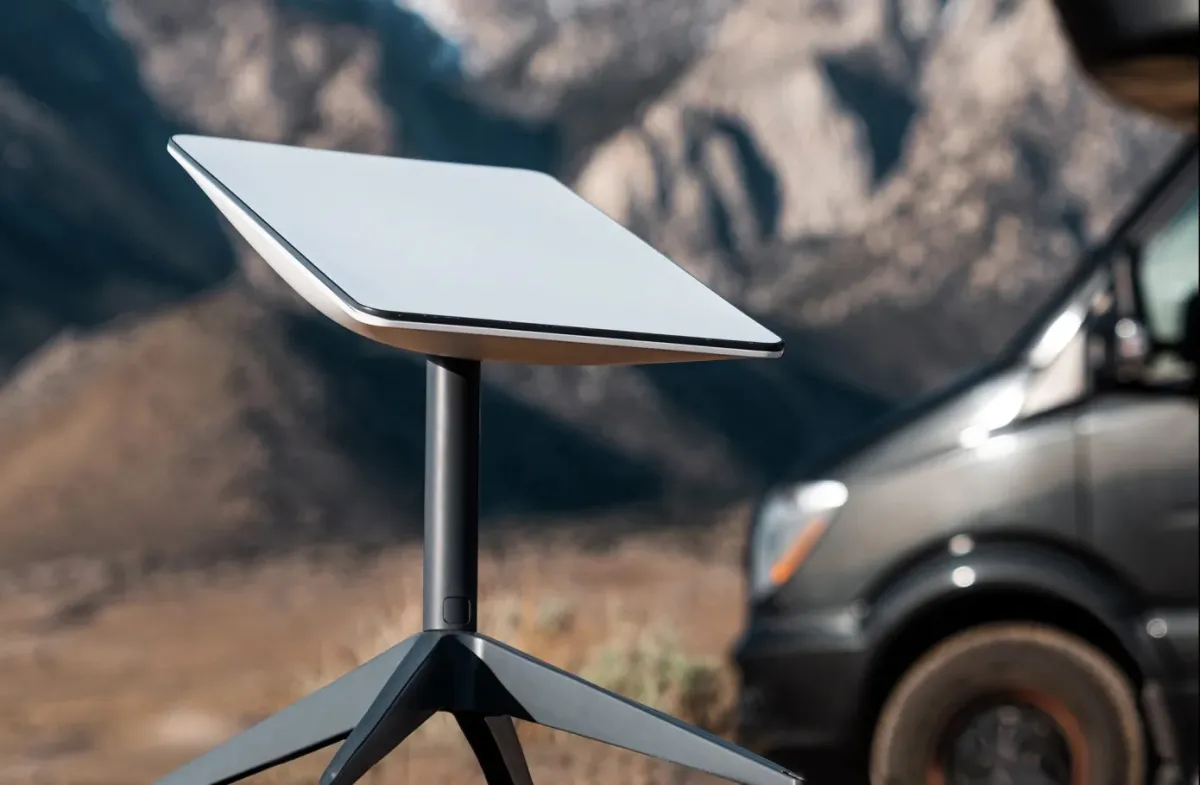
Starlink, the satellite internet venture led by Elon Musk, has launched an attractive data plan in Kenya, shaking up the market.
Offering 50 gigabytes (GB) for Ksh1,300 ($10.16) per month, Starlink’s plan undercuts Airtel’s Ksh3,000 ($23.44) and Safaricom’s Ksh2,500 ($19.53) packages.
Although users need to pay Ksh45,500 ($355.47) upfront for installation, the lower monthly fee and new mobile payment options could disrupt Kenya’s data market.
This development threatens the dominance of Safaricom and Airtel, intensifying competition in Kenya’s broadband sector.
How Starlink Is Challenging Safaricom and Airtel in Kenya
Starlink, Elon Musk’s satellite internet company, has launched an affordable data plan in Kenya. This new plan offers 50 gigabytes (GB) of data for Ksh1,300 ($10.16) per month. This price is significantly lower than Airtel’s Ksh3,000 ($23.44) for a similar data package and Safaricom’s Ksh2,500 ($19.53) for 45GB.
Despite the lower monthly cost, Starlink’s service requires an upfront payment of Ksh45,500 ($355.47) for installation hardware. In contrast, Safaricom and Airtel only require users to activate a SIM card.
Starlink’s introduction of mobile money payment options, such as M-Pesa and Airtel Money, could shake up the current market. This move is set to increase competition in Kenya’s data sector, where Safaricom leads with a 63.7% market share, followed by Airtel with 31.5%, according to the Communications Authority of Kenya (CA).
Starlink’s new 50GB monthly plan, priced at Ksh1,300 ($10.16), offers a cost-effective alternative to Airtel’s Ksh3,000 ($23.44) plan. Safaricom’s 45GB plan costs Ksh2,500 ($19.53). To access Starlink’s service, users must pay Ksh45,500 ($355.47) for installation hardware, unlike the local telcos where only SIM card activation is needed.
Starlink’s website highlights its plan as “Affordable, high-speed internet with 50GB of data included for Ksh1,300/month. Additional data is available for Ksh20/GB.” With mobile payment options now available, Starlink is poised to intensify competition with Safaricom and Airtel.
The Communications Authority of Kenya (CA) reports that Safaricom holds a 63.7% share of the mobile broadband market, while Airtel has 31.5%. Starlink’s entry into Kenya makes it the sixth African country to receive the service, following Nigeria, Mozambique, Rwanda, Mauritius, and Sierra Leone.
Rental Kits to Accelerate Market Penetration
Starlink is making it easier for Kenyans to access its satellite internet by offering a rental option for its hardware.
Instead of buying the kit outright for KSh 89,000, customers can now rent it. They’ll pay a one-time activation fee of KSh 2,700 and a monthly rental fee of KSh 1,950. Monthly service costs will be KSh 1,300, with no time limits.
Starlink’s entry into Kenya last year was slow due to high hardware costs. The company recently reduced the price of the kit to KSh 45,500 but still faced affordability issues.
Starlink’s reputation grew last month during anti-finance bill protests when social media users accused the government of throttling the internet.
Also, damage to undersea cables this year caused widespread internet disruptions across Africa. The new rental option is expected to make Starlink more accessible and strengthen its position against traditional internet providers.
Kenya Insights allows guest blogging, if you want to be published on Kenya’s most authoritative and accurate blog, have an expose, news TIPS, story angles, human interest stories, drop us an email on [email protected] or via Telegram
-

 Business1 week ago
Business1 week agobetPawa Empire Crumbles: Mr Eazi’s Betting Gambit Unravels Amid Partner’s Shadowy Deals
-

 News5 days ago
News5 days agoDCI Probes Meridian Equator Hospital After Botched Procedure That Killed a Lawyer
-

 Business4 days ago
Business4 days agoMinnesota Fraud, Rice Saga, Medical Equipment Deal: Why BBS Mall Owner Abdiweli Hassan is Becoming The Face of Controversial Somali Businessman in Nairobi
-

 Business1 week ago
Business1 week agoKRA Boss Humphrey Watanga In Big Trouble In Sh5.5 Billion Rice Import Scandal
-

 Investigations2 weeks ago
Investigations2 weeks agoKERRA Homa Bay Region Manager Calvince Thomas Accused of Swindling Businessman Ksh 2 Million in Phantom Tender Deal
-

 Business1 week ago
Business1 week agoState Set to Demolish Pastor Ng’ang’a’s Church in Sh28 Billion Railway City Push
-

 Business6 days ago
Business6 days agoControversial Turkish Firm Celebi Canceled in India Over Security Concerns Acquires Strategic Property in Nairobi’s Main Airport
-

 Business2 weeks ago
Business2 weeks agoTreasury’s Sh40 Billion Safaricom Gamble Could Cost Kenya Trillions, Auditor Warns

